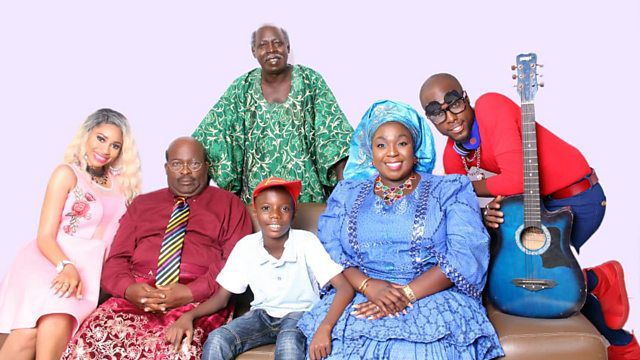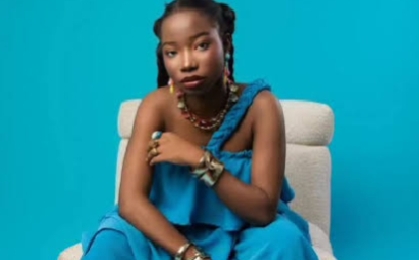
Before streaming platforms and binge-worthy web series, there were the golden days of Nigerian soap operas.
Ah, the good ol’ days of Nigerian soap operas—when the internet wasn’t a thing (or at least not a thing for most of us), and your nightly entertainment depended on NTA, AIT, or STV.
Back then, soap operas weren’t just TV shows; they were events. Families gathered around clunky TVs, and neighbours argued over the fate of their favourite characters and spoilers. They were delivered in real-time, during lunch breaks at school or work.
Soap operas in the 90s and early 2000s were a cultural reset. They gave us love stories, family feuds, power struggles, and enough drama to make us say, “Just one more episode” (even though we didn’t have binge-watching privileges). These shows were the blueprint for modern Nollywood dramas, setting the stage for how stories were told, acted, and—let’s be honest—“overacted”. Dang! What happened to these shows; where did they go? I digress.
READ ALSO: Trino Motion Pictures announces Uche Okocha as its new Managing Director
Now, let’s take a stroll down memory lane and revisit some of the most iconic Nigerian soap operas of the 1990s and 2000s. Whether you were glued to the screen or caught the gist from friends the next day, these shows hold a special place in the hearts of millions.
Fuji House of Commotion (2001–2012)
Now this one was pure chaos—and we loved every second of it! Fuji House of Commotion was a comedy masterpiece that revolved around Chief Fuji and his massive, dysfunctional family. The bickering wives, the mischievous kids, and the ridiculous situations made it a Sunday afternoon staple. You can find some episodes on YouTube today.
Super Story (2001–Present)
Is there a more iconic phrase than, “We are nothing but pencils in the hand of the creator”? Super Story has been serving drama since the early 2000s, and it refuses to quit. From the unforgettable Oh Father, Oh Daughter to One Bad Apple, the show tackled social issues, family dynamics, and all the emotional rollercoasters in between.
Everyday People (2000s)
I bet you remember this classic TV series, Everyday People. The show came with lots of comedy, suspense and tears. It revolved around the daily lives of families in an urban society. Produced by Tajudeen Adepetu, Everyday People presented fans with a soundtrack most people have yet to forget. Its cast members were made up of entertaining Nollywood stars like the late Sam Loco Efe, Carol King, Nobert Young, Ify Onwuemene, Seun Soremi, Big Tony, Juliet Martin-Abazie, Ejiro Okurame, Ignis Ekwe, and Desmond Elliot.
Papa Ajasco and Company (1997)
Formerly known as The Ajasco Family, this is another Nigerian family sitcom created by Wale Adenuga in 1997. The story revolves around the Ajasco family and their comedic interpretations of major societal issues. The main characters include the promiscuous patriarch, Papa Ajasco, his long-suffering wife Mama Ajasco, their mischievous son Bobo Ajasco, local playboy Boy Alinco, promiscuous gold-digger Miss Pepeiye, and illiterate ne’er-do-wells Pa James and Pa Jimoh. At the time, Papa Ajasco was widely considered to be Nigeria’s most-watched comedy series and was viewed weekly in twelve African countries.
I Need to Know (1999–2002)
This one was different because it wasn’t just about drama; it was educational. Starring a young Funke Akindele, I Need to Know focused on the lives of teenagers navigating issues like peer pressure, relationships, and education. It was the perfect blend of entertainment and life lessons.






